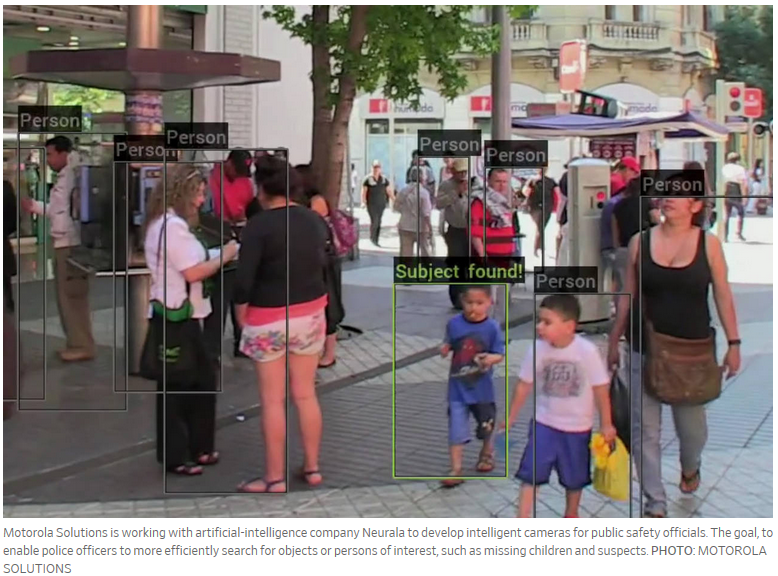Chinese firms Huawei, Lenovo, Oppo and TCL were among numerous handset makers that were given access to Facebook data in what the US company said was “a controlled operation.”
The social media giant’s vice president of mobile partnerships, Francisco Varela, confirmed a report in The New York Times Tuesday that Facebook had given Chinese device makers deep access to the data of users’ friends without their explicit consent.
A “controlled operation.” Meaning the accesses were deliberately granted, consents were deliberately not requested in advance. Which raises the question: were any consents actively withheld and those denials ignored by Facebook?
Huawei already has been identified as a threat to our national security. Lenovo is headquartered in Beijing, Oppo (Electronics Corporation) is headquartered in Dongguang near the south coast of the People’s Republic of China, and TCL is headquartered in Huizhou, just down the road a piece from Dongguang. These three are each under the influence, if not the control, of the PRC government. Facebook knew these things at the time they engaged in their “controlled operation.”
Here’s Varela again, this time in his best What, me worry? impression:
…we wanted to make clear that all the information from these integrations with Huawei was stored on the device, not on Huawei servers[.]
Well, that settles it, then. Huawei has no way at all to copy data “stored on [its] device” to its servers. Nope. Can’t be done.
Sure.

